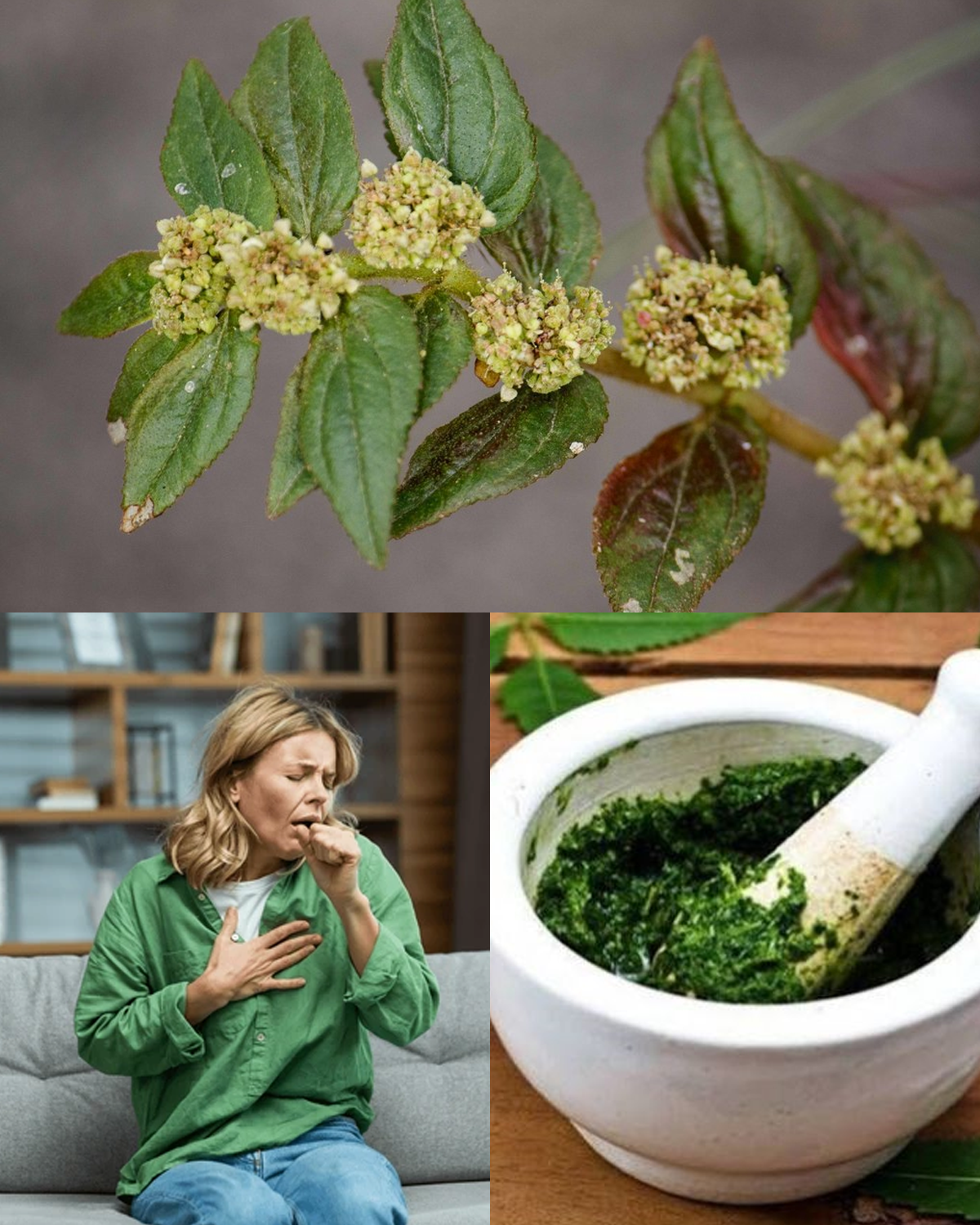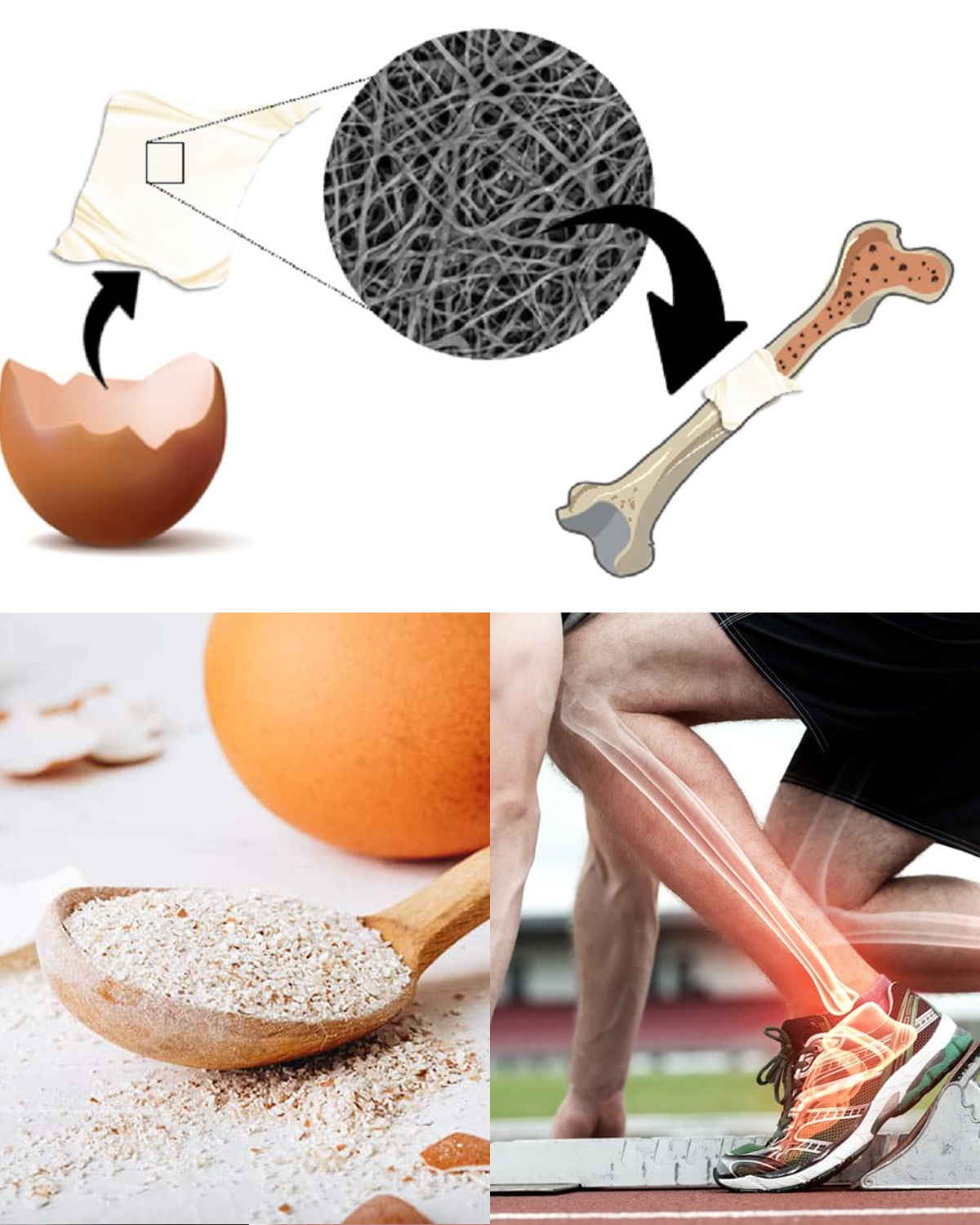
Foods That Help Fight Inflammation and May Prevent Cancer

Key Points:
Chronic Inflammation and Cancer: Chronic inflammation is a major contributor to the development of various types of cancer. Long-term inflammation can damage cells and tissues, leading to mutations that may promote cancer formation. Therefore, reducing inflammation through diet can play a role in preventing cancer.
Anti-Inflammatory Foods:
-
Leafy Greens:
Examples: Kale, spinach, swiss chard, collard greens.
How it helps: These vegetables are packed with antioxidants, vitamins, and minerals that help combat oxidative stress and reduce inflammation. Their high fiber content also promotes a healthy gut, which is essential for immune function.
Spices:
Examples: Ginger, turmeric, garlic, cayenne pepper.
How it helps: Certain spices have powerful anti-inflammatory properties and may reduce the risk of cancer. They contain compounds that help reduce inflammation and protect cells from damage.
Fruits:
Examples: Berries (strawberries, blueberries, raspberries), pomegranate.
How it helps: These fruits are rich in antioxidants, particularly anthocyanins and polyphenols, which help fight oxidative stress, reduce inflammation, and protect against cell damage that can lead to cancer.
Seeds:
Examples: Flaxseeds, chia seeds, walnuts.
How it helps: These seeds are high in omega-3 fatty acids, which have anti-inflammatory effects. They also contain antioxidants that help protect cells from oxidative damage and reduce the risk of chronic inflammation.
Benefits of Anti-Inflammatory Foods:
Reducing Inflammation in the Body: Many of these foods contain natural compounds that help regulate the body’s inflammatory responses, potentially reducing the risk of inflammatory diseases, including cancer.
Protecting Cells from Oxidative Damage: Antioxidants found in these foods help neutralize free radicals in the body, preventing oxidative stress and DNA damage that can trigger cancer.
Boosting the Immune System: Anti-inflammatory foods support a healthy immune system, enabling the body to better fight off infections and disease.
Supporting DNA Repair: Certain compounds in anti-inflammatory foods help repair damaged DNA and promote the production of healthy cells, further reducing the risk of cancer.
Individual Anti-Inflammatory Foods and Their Specific Benefits:
-
Ginger:
How it helps: Ginger contains bioactive compounds like gingerol that have potent anti-inflammatory and antioxidant properties. It may help reduce pain and swelling in conditions like arthritis and muscle pain.
Uses: Fresh, dried, powdered, or as tea. It can also be used topically to reduce inflammation in joints.
Additional benefits: Ginger promotes digestion, supports immune health, and may prevent the formation of certain cancer cells.
Turmeric:
How it helps: Turmeric contains curcumin, a powerful anti-inflammatory and antioxidant compound that has been shown to help prevent and reduce cancer risk by inhibiting the growth of cancer cells and tumors.
Uses: It can be added to cooking, smoothies, or taken as a supplement.
Additional benefits: Curcumin is known to improve brain health, support cardiovascular health, and enhance overall well-being.
Castor Oil:
How it helps: Castor oil has potent anti-inflammatory properties and has traditionally been used to alleviate pain and inflammation. It can help stimulate blood circulation and improve lymphatic flow, aiding in toxin removal.
Uses: Applied topically for pain relief, muscle tension, or as part of a detox routine.
Additional benefits: Castor oil also promotes skin health and supports healing, making it an effective topical treatment for inflammation-related conditions.
Dietary Role in Reducing Inflammation and Preventing Cancer:
Avoid Pro-Inflammatory Foods:
Limit the consumption of sugar, refined carbohydrates, processed foods, and sugary drinks. These foods can increase inflammation and blood sugar levels, which have been linked to various chronic diseases, including cancer.
Emphasize Anti-Inflammatory Foods:
Make anti-inflammatory foods a regular part of your diet. A well-balanced diet rich in vegetables, fruits, whole grains, healthy fats, and lean proteins will help reduce inflammation and support overall health.
Lifestyle Changes to Complement an Anti-Inflammatory Diet:
-
Regular Exercise:
Why it helps: Physical activity reduces systemic inflammation by promoting healthy blood circulation, lowering stress hormones, and improving immune function. Exercise also helps maintain a healthy weight, which is crucial for preventing inflammation-related diseases like cancer.
Recommendation: Aim for at least 30 minutes of moderate exercise most days of the week, including activities like walking, swimming, or yoga.
Stress Management:
Why it helps: Chronic stress can increase inflammation in the body, leading to various health issues, including cancer. Stress reduction techniques help lower cortisol levels, which can mitigate inflammation.
What to do: Practice mindfulness, yoga, meditation, or deep breathing exercises to manage stress and enhance overall health.
Adequate Sleep:
Why it helps: Sleep is vital for immune function and overall inflammation control. Lack of sleep can increase the production of pro-inflammatory cytokines and worsen inflammation.
Recommendation: Aim for 7-9 hours of quality sleep per night to allow the body to repair and restore itself.
Conclusion:
Incorporating anti-inflammatory foods such as leafy greens, spices, fruits, and seeds into your daily diet can help manage inflammation and reduce the risk of chronic diseases, including cancer. By combining a healthy diet with regular physical activity, stress management, and sufficient rest, you can optimize your body’s ability to prevent and fight inflammation-related diseases. Additionally, lifestyle changes such as avoiding processed foods and prioritizing whole, nutrient-dense foods will further support your health and well-being.














